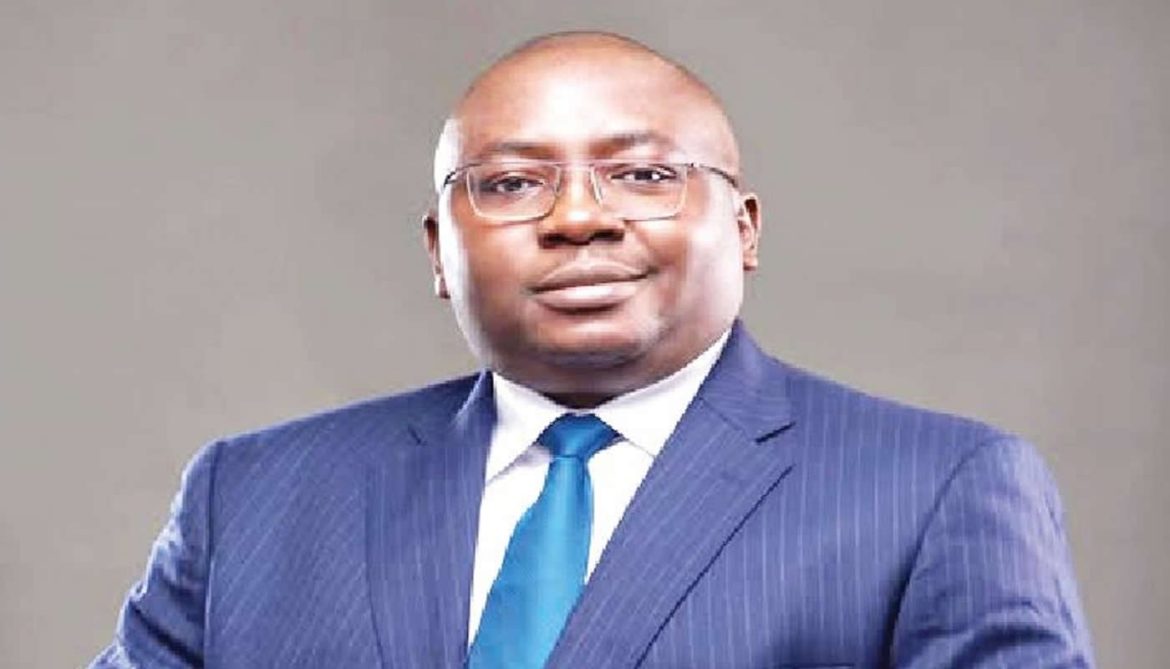The Nigerian Minister of Power, Adebayo Adelabu, has expressed serious concern over the shortage of trained and certified technicians in the country’s electricity sector, revealing that more than 400,000 imported meters are yet to be installed due to a lack of qualified installers.
Speaking at the ongoing Nigeria Energy Conference in Lagos, the minister said the development highlighted a deep human capacity gap in the power industry, calling for urgent investment in technical training and local workforce development.
According to Adelabu, Nigeria imported about 500,000 meters last month, but less than 100,000 have been installed so far because there are not enough certified installers to handle the installations.
“We brought in meters last month, over 500,000 meters. I’m telling you; we have not installed 100,000. Why? Absence of installers. And we say youths are unemployed,” he said. “If we bring all the six million meters that represent the gap in the sector today, it will take us five years to install them because we don’t have installers.”
Adelabu described the situation as a reflection of the broader human capital challenge affecting Nigeria’s power sector, stressing that sustainable growth will not be achieved without prioritising skills development and local content.
“There are so many activities in the sector that are lacking in human capacity. So, we must continue to train our people and also develop local content from our resources. Why must we continue to import?” he asked.
The minister noted that the Federal Government, through the Ministry of Power, had recently commissioned new facilities to strengthen technical capacity across the industry. These include upgraded training equipment, simulation infrastructure, and two newly built workshop blocks with accommodation at the National Power Training Institute of Nigeria (NAPTIN).
He explained that these facilities were delivered in collaboration with international development partners and are part of ongoing reforms to address technical and skills shortages within the sector.
Reflecting on the state of training in the industry, Adelabu lamented that structured technical education had weakened since the era of the defunct National Electric Power Authority (NEPA) and the Power Holding Company of Nigeria (PHCN).
“The last set of training that we had for engineers was still in the days of NEPA and PHCN. Since the successor companies took over, how much training have they added to the sector? How many engineers are the DisCos training as expected? It is not comparable to when we had NEPA or PHCN, or even the Electricity Company of Nigeria in the 1960s,” he said.
He emphasised that capacity development remains a core focus of the current administration’s energy reforms, adding that the government’s ongoing efforts will cover every segment of the power value chain — from gas supply and transportation to electricity generation, transmission, and distribution.
“For us to develop engineers and expertise across all segments of the sector value chain, we must train our people, which is why we are fast developing and improving the activities of the National Power Training Institute,” the minister explained.
Adelabu added that new training modules would also cover renewable energy sources such as wind and solar power, as Nigeria transitions toward a more sustainable and diversified energy future.
